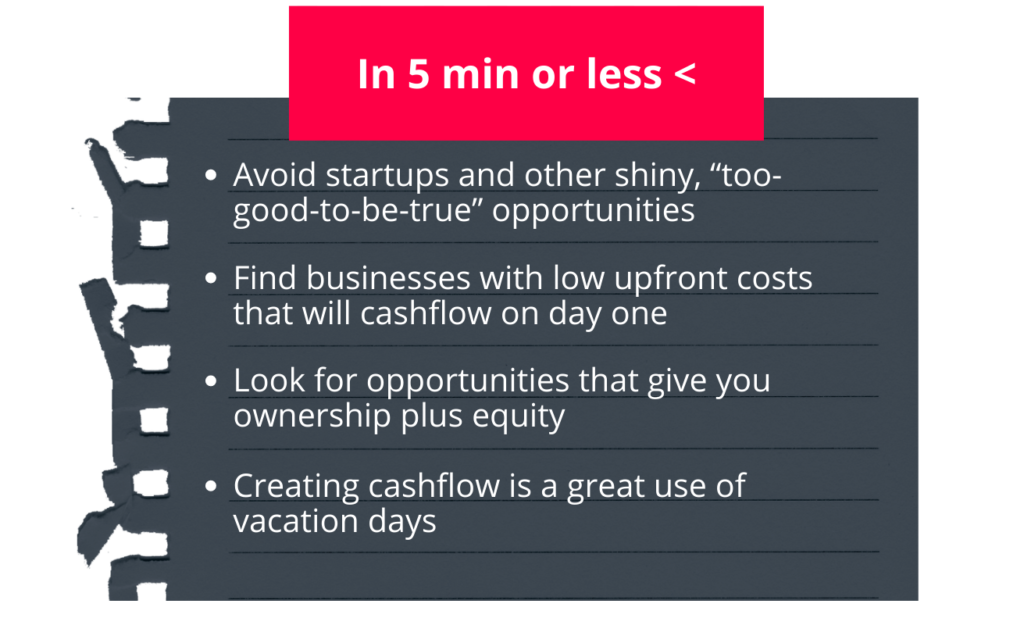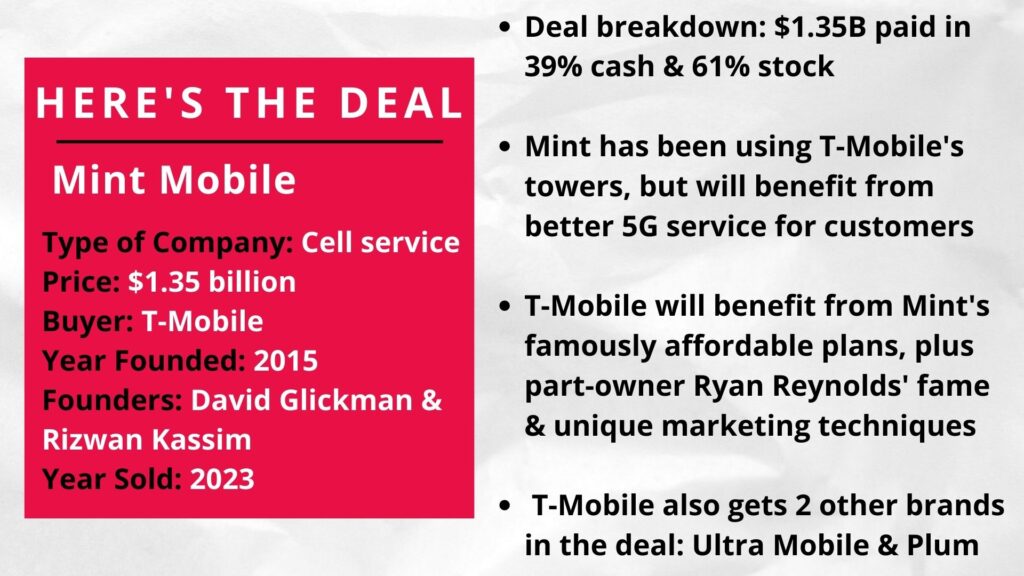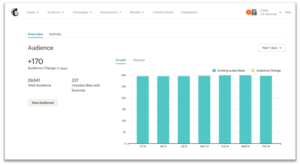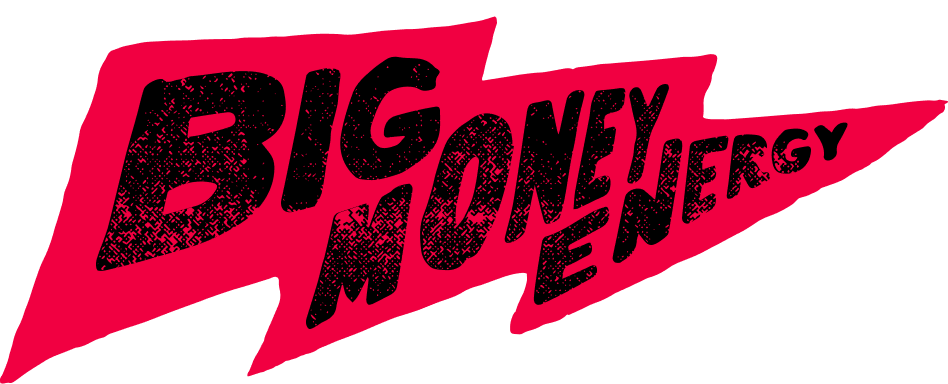
One question we get asked a lot is how to go about buying a business while you’re still working a full-time job. I mean, if you’re first starting out, there’s a lot to learn.
You probably want to know what your financing options are. You probably want to make sure you’re finding the right fit for your portfolio based on your goals.
And if I had to guess, you also probably don’t have a lot of time to invest in learning how to do it.
What can I say? You strike me as the kind of person who wants a solid ROI on their investment on day one.
If any of this sounds like you, keep reading. Today we’re outlining some really simple ways to buy a business while you’re still working somewhere else.
Let’s get to it.

1. Avoid startups and other shiny, “too-good-to-be-true” opportunities

I know it probably seems really sexy to invest in startups that promise to be the next Uber or Tesla. But most of the time, you won’t see cash flowing into your pocket anytime soon.
In some cases, it may even take years for your dividends to equate to truly passive income.
That’s why we love boring businesses. They’re unassuming, low-stress and will help you see a return on your investment from the very first day you’re the owner.
They’re also a lot less risky than a company that’s just starting out. My rule for business buying is to invest in somewhere that has:
- been in business for at least 3 years
- a squeaky clean profit and loss statement
- tax returns available to view
- standard operating procedures in place
- an owner who is actually interested in selling their business
Curious about how to navigate buying your first (or maybe your next) business? We created a small business buying course that will walk you through everything you need to know.

2. Find businesses with low upfront costs that will cashflow on day one

This is another popular philosophy we have, so I want to walk you through an example.
Have you ever thought about the profit margins versus the startup costs of a vending machine (yes…I’m talking about those glowing snack boxes you see outside the DMV).
My friend Quinn brings in over $20k of revenue every single month from his vending machine business, and he’s only putting in about 10 hours a week to do it.
Part of the reason this business has such high margins is because the costs to manage it are relatively low. And the best part? The cost to get started is pretty affordable if you ask me.
You really only need a vending machine (~$500-$3k, depending on where you buy it) and a credit card reader ($250).
You’ll also need to hire someone strong who can move it to the location you’d like (~$100), and buy snacks to stock it up ($250 when you buy in bulk at a warehouse store like Costco).
You don’t even have to pay for real estate to place your vending machine. In most cases, a property owner will let you place your machine on their turf at little or no cost to you.
That means that you can get started with cash flowing on day one, with just $2.1k upfront.

3. Look for opportunities that give ownership + equity
Before you look into buying a business, you’ll need to decide how involved in the business you want to be. Do you want to be the person working in it day-to-day?
Once you get a better idea of what you want that working dynamic to look like, you’ll want to find business opportunities that will give you full ownership of the company, as well as equity.
A few business ideas that may sound boring, but will equal passive income for you, are things like laundromats, car washes and even waste management services.
Businesses like these will allow you to hire an operator (i.e. someone who manages the day-to-day logistics in your business) and a team of employees who will perform the majority of the work to run the business for you.
Another benefit of finding an operator is that they are likely an expert in their field and will know the best way to run the business. Compare that to the months (or even years) it would take you to figure out the best way to do things yourself, and an operator is a total game changer.

Creating cash flow is a great use of vacation days
Doing your due diligence to figure out if a deal is right for you can take a lot of time, especially if this is your first time around.
You may need to meet with the previous owner, a lawyer, your bank, etc. and those things take time. Plus, if you want to research the industry, location and other info about your deal, you’ll need to plan for a lot of late-night Google sessions.
Whether it’s taking a few hours to meet up with someone, or giving yourself time to really dive deep into the details, you will need to come up with time to devote to your deal during the typical 9-to-5 workday.
One thing we recommend, especially for new dealmakers or experienced dealmakers who are buying in an industry they’re unfamiliar with, is to save up vacation days or PTO so you can give yourself ample time for research.
If you want to get the kind of support you’ll need to be totally confident in your deal…well, that’s exactly why we’re here.
Our business buying course outlines exactly what you’ll need to do to get started (perfect for you if you’re new to the world of dealmaking).
And if you’re ready to really dive in and do the dang thing, then our Contrarian Community is perfect for you. You’ll get accountability from a community, a weekly forum to ask your questions, and access to our playbooks for buying various types of boring businesses.
Because, yes, you could spend hours and hours scrolling the internet trying to figure out how to do it, or losing sleep at night wondering if your deal is a good one. But why would you want to?
We’ll help you make the right investing decisions to meet your goals (and make money at it, too).



This Week in Biz Buying:
- Stripe valuation a few billion short
- Full steam ahead on potential trainwreck
- UBS takes over Credit Suisse
- New platform buy for Birch Swing Capital
- Research on PE-Acquired Hospitals




